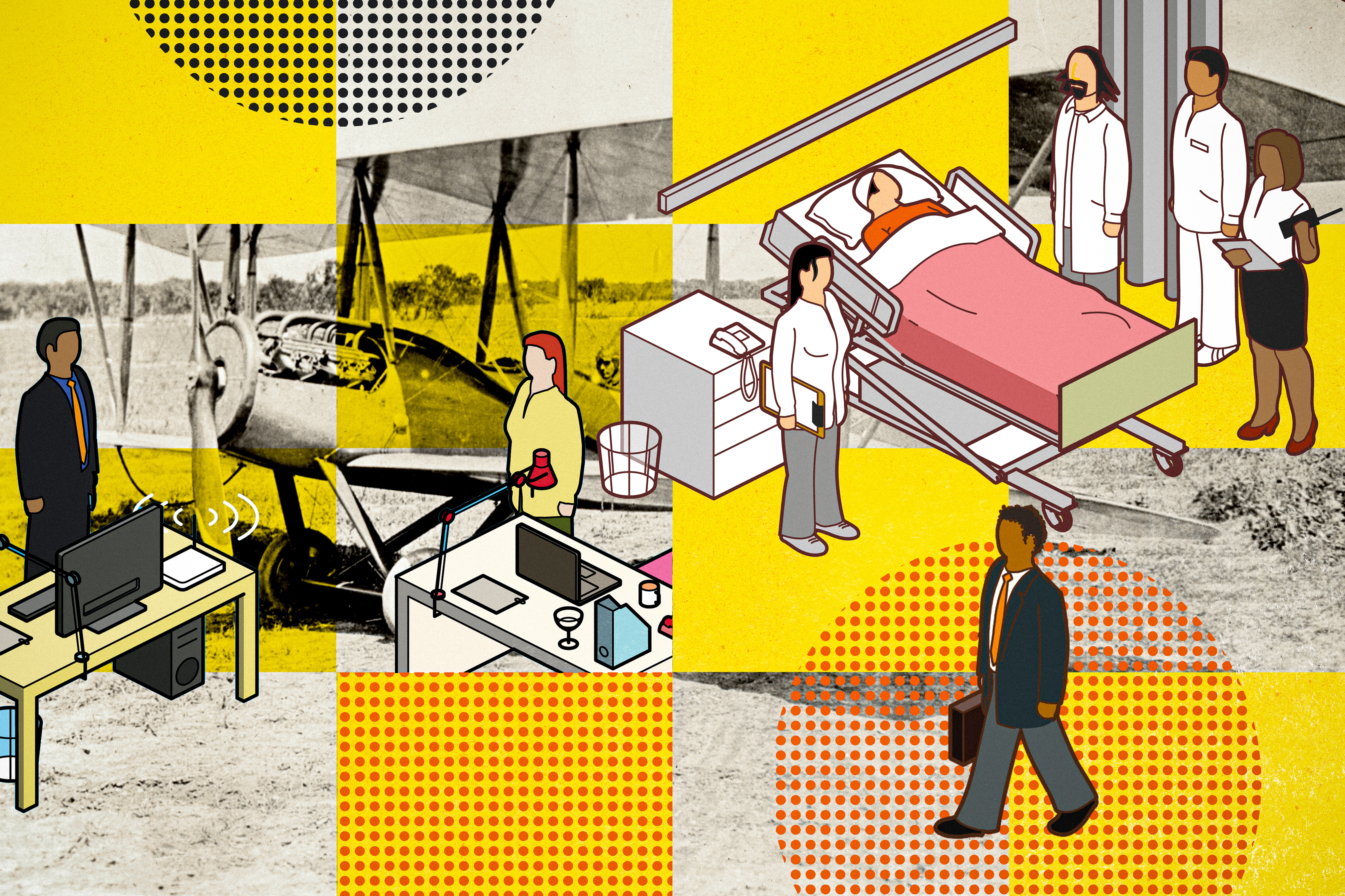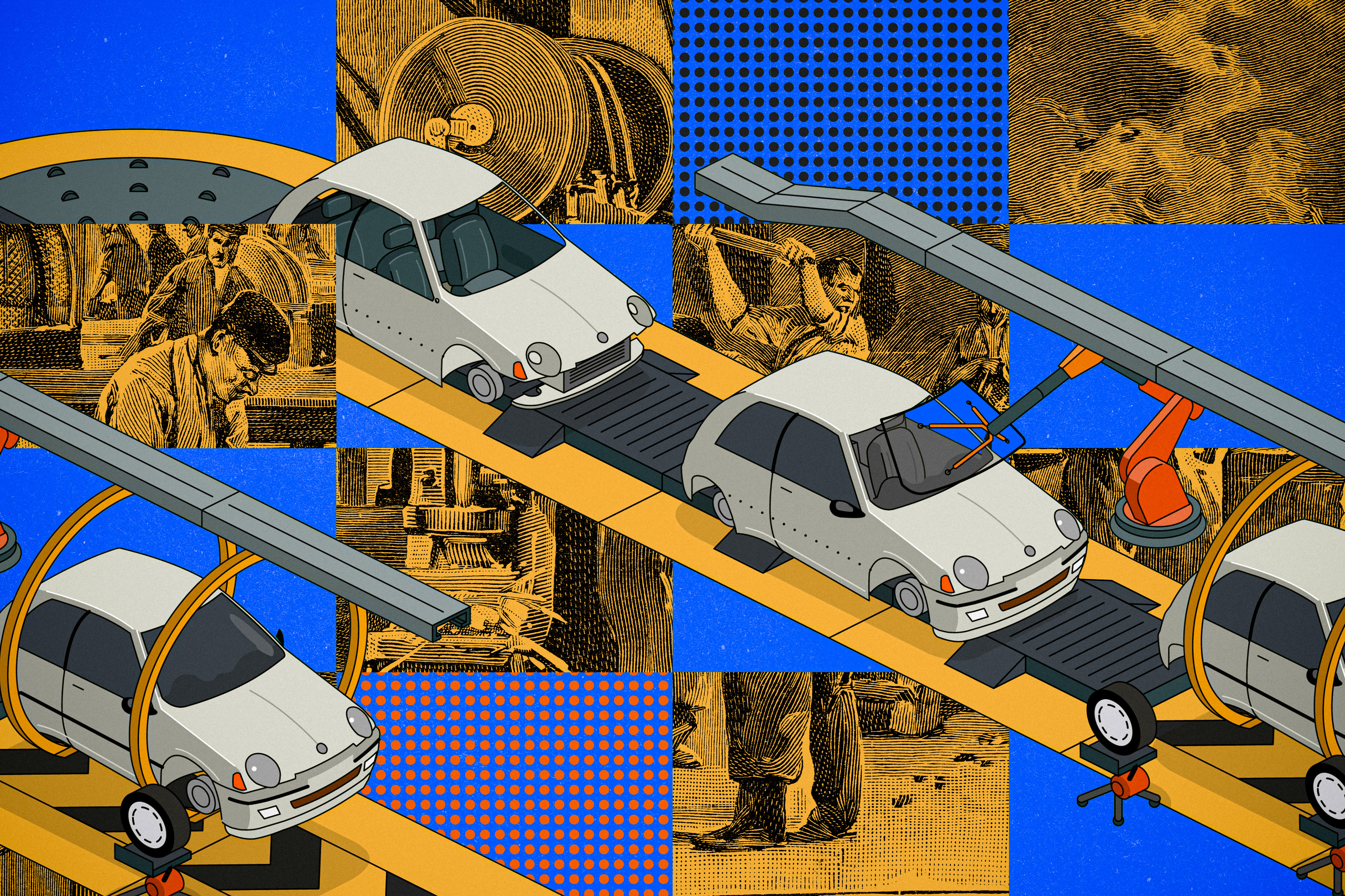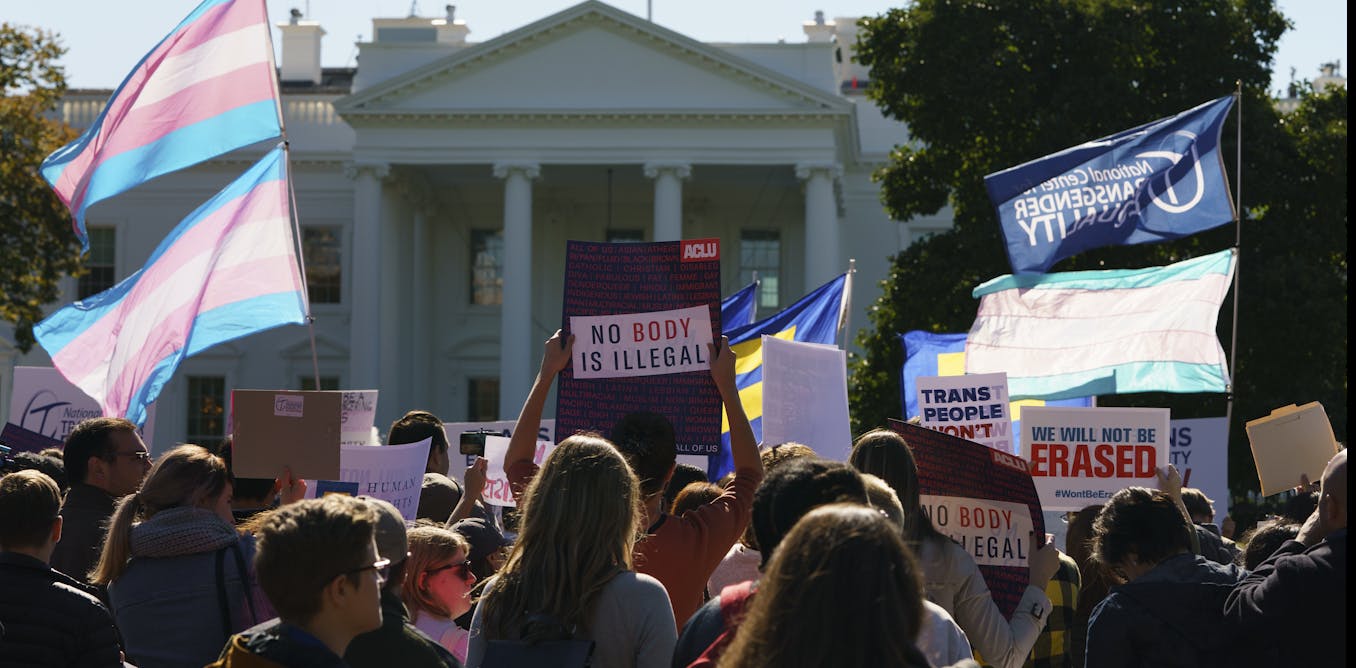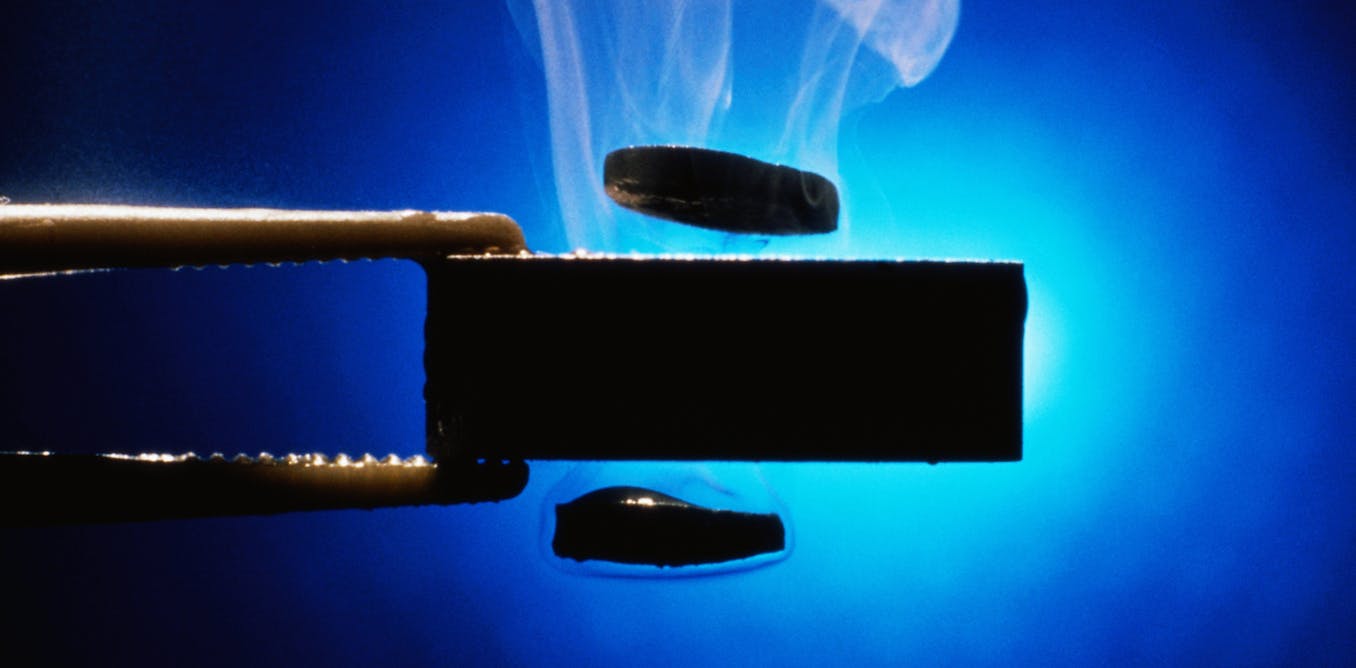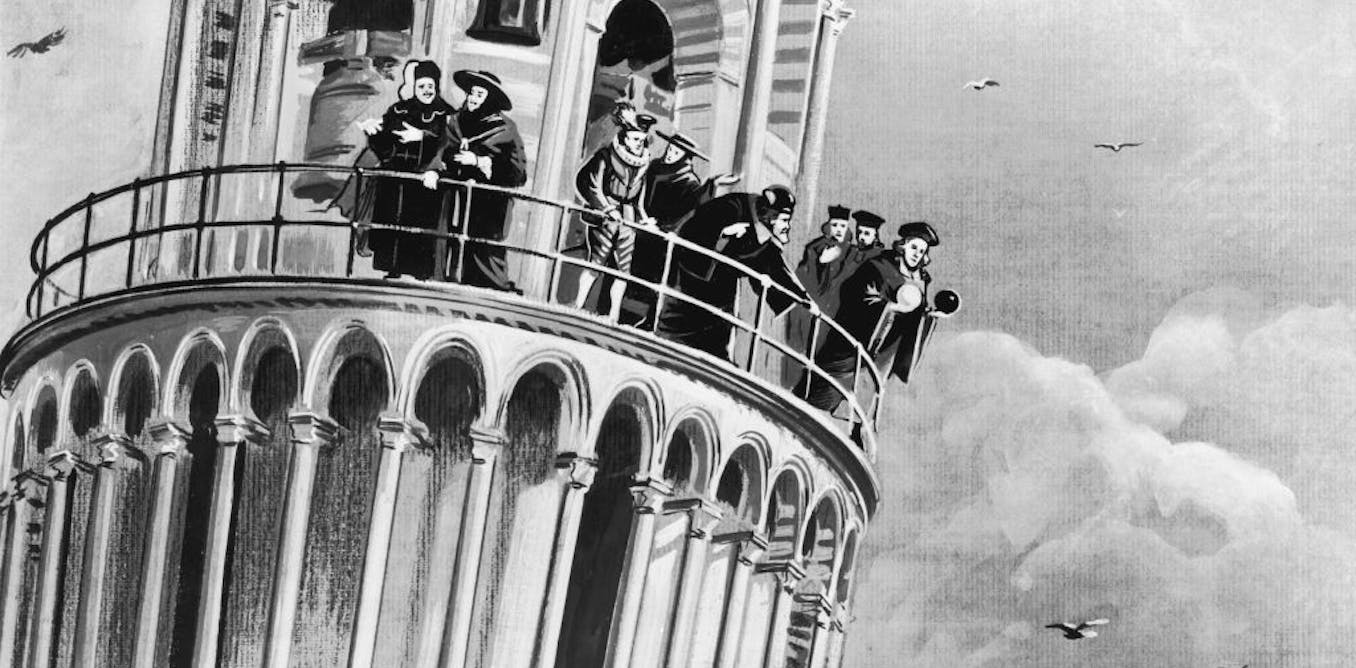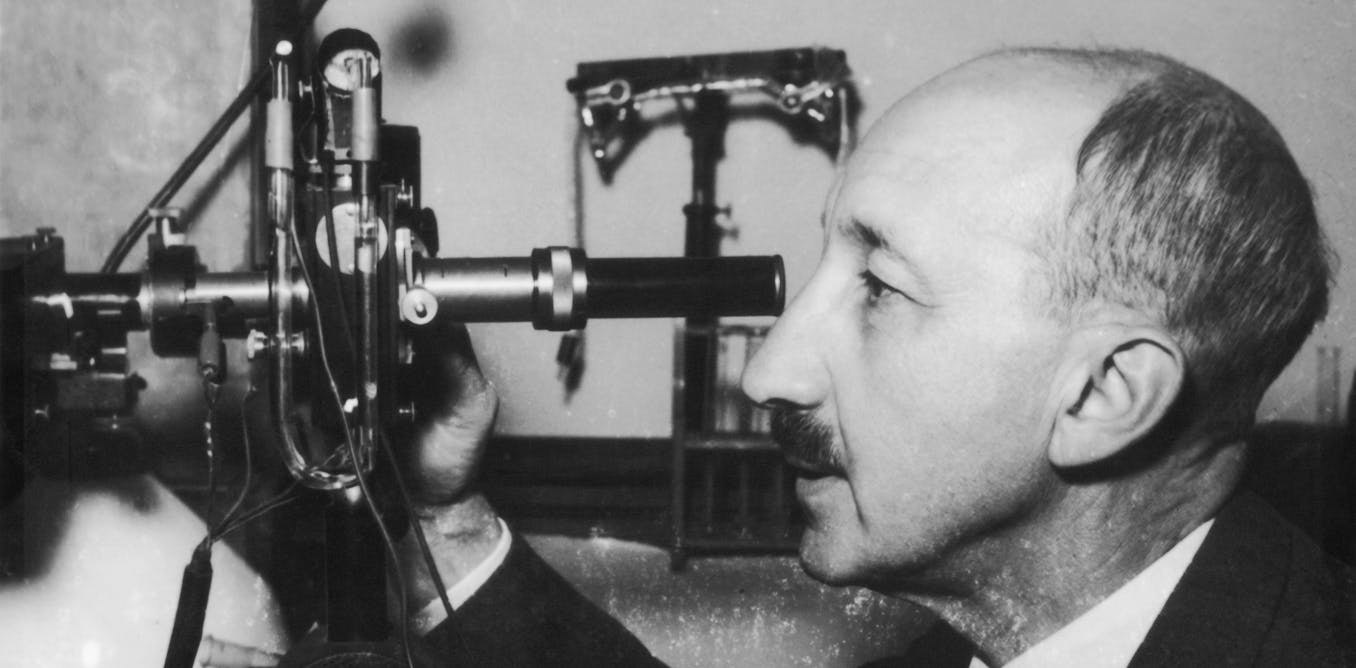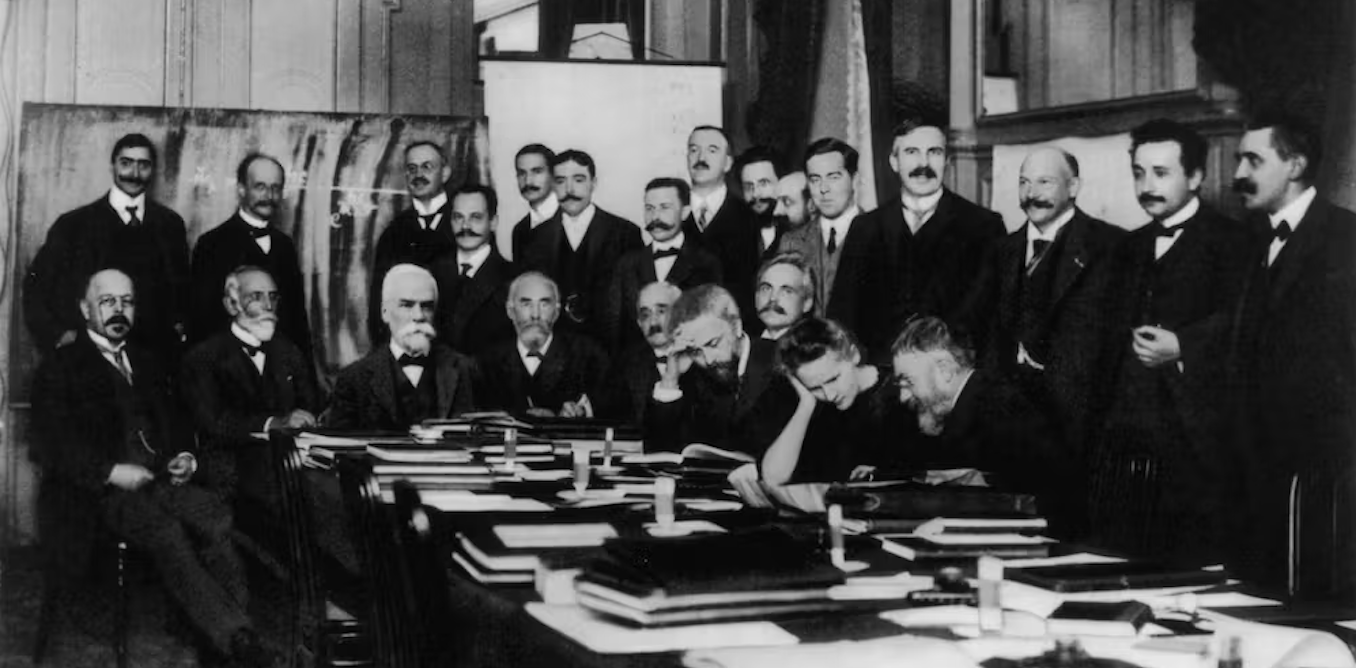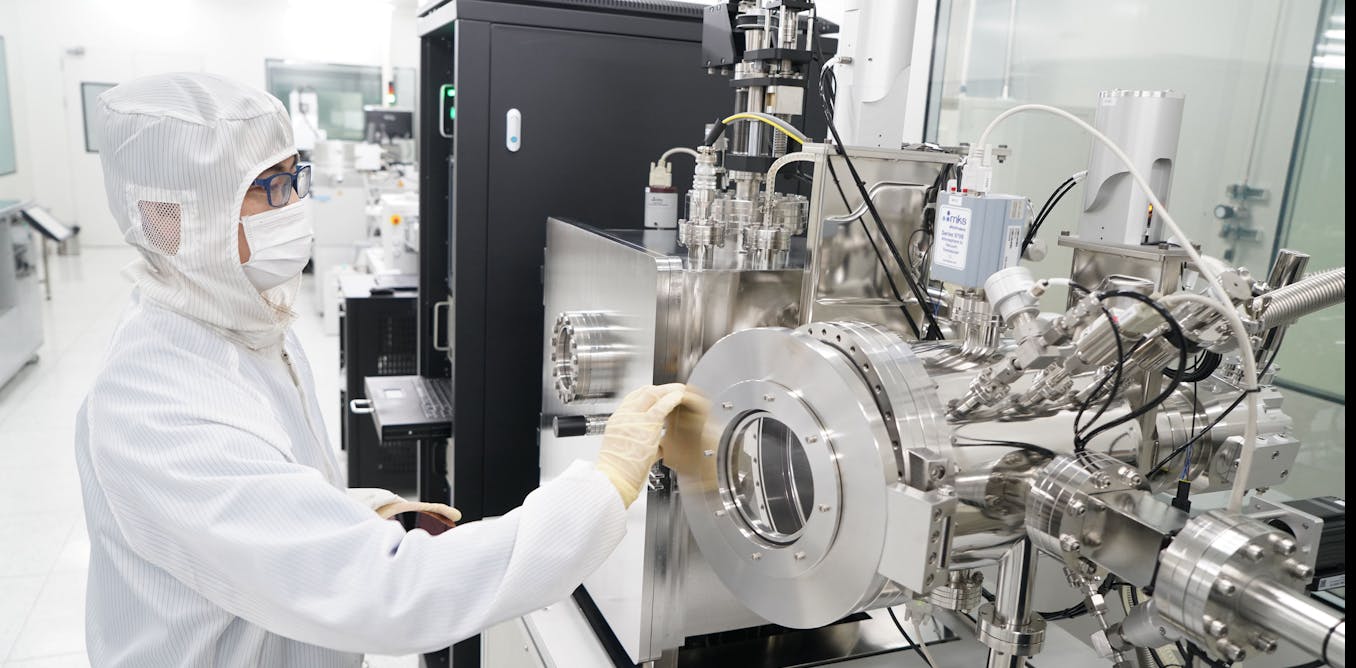Backlash to transgender health care isn’t new − but the faulty science used to justify it has changed to meet the times
For as long as trans medicine has been around, so has its opposition. The tactics of prior waves of anti-trans policies are still in play today.
Jan. 30, 2024 • ~12 min
Scientists have been researching superconductors for over a century, but they have yet to find one that works at room temperature − 3 essential reads
Claims about the discovery of a coveted room-temperature superconductor peppered the news in 2023. We pulled three stories from our archives on what superconductivity is and why scientists study it.
Dec. 5, 2023 • ~7 min
Bringing classical physics into the modern world with Galileo's Leaning Tower of Pisa experiment
A centuries-old experiment shows the differences between classical and modern physics. Physicists use thought experiments like this to think about how objects move both on Earth and in the stars.
Dec. 1, 2023 • ~7 min
How a disgruntled scientist looking to prove his food wasn't fresh discovered radioactive tracers and won a Nobel Prize 80 years ago
Some Nobel Prize-winning ideas originate in strange places, but still go on to revolutionize the scientific field. George de Hevesy’s research on radioactive tracers is one such example.
Oct. 5, 2023 • ~9 min
Superconductivity at room temperature remains elusive a century after a Nobel went to the scientist who demonstrated it below -450 degrees Fahrenheit
Superconductivity may sound like science fiction, but the first experiments to achieve it were conducted over a century ago. Heike Kamerlingh Onnes, credited with the discovery, won a Nobel Prize in 1913.
Oct. 3, 2023 • ~8 min
Navigating the risks and benefits of AI: Lessons from nanotechnology on ensuring emerging technologies are safe as well as successful
Two decades ago, the nanotechnology revolution avoided stumbling by bringing a wide range of people to the table to chart its development. The window is closing fast on AI following suit.
Oct. 2, 2023 • ~11 min
Caroline Herschel was England's first female professional astronomer, but still lacks name recognition two centuries later
Astronomer Caroline Herschel’s work discovering and cataloging astronomical objects in the 18th century is still used in the field today, but she didn’t always get her due credit.
Aug. 21, 2023 • ~8 min
Caroline Herschel was the first female astronomer, but she still lacks name recognition two centuries later
Astronomer Caroline Herschel’s work discovering and cataloging astronomical objects in the 18th century is still used in the field today, but she didn’t always get her due credit.
Aug. 21, 2023 • ~7 min
/
8

